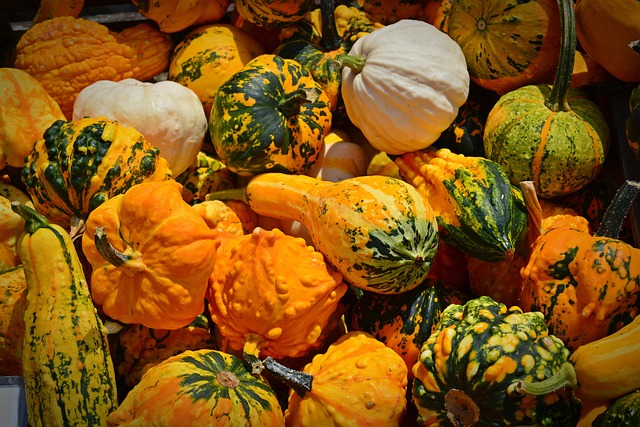Leaf collection and mulching are essential practices for maintaining a vibrant, healthy yard. Removing fallen leaves improves aesthetics and prevents buildup, while converting them into nutrient-rich mulch acts as a natural insulator, preserves soil moisture, suppresses weeds, and promotes plant growth. Efficiently managing yard waste through recycling enhances overall yard health, beauty, and sustainability, reducing landfill waste and contributing to a healthier environment. Proper yard waste management, including composting and mulching, offers ecological advantages by enriching soil health, suppressing weeds, and minimizing the need for synthetic fertilizers and pesticides, fostering a circular economy.
“Transform your yard’s potential with effective leaf collection and mulching practices. This comprehensive guide explores the benefits of these simple yet powerful techniques for a healthier, more vibrant garden. Learn how efficient removal and strategic mulch application can enhance soil health, suppress weeds, and conserve moisture.
Discover practical tips for a seamless process and explore environmental advantages, including recycling opportunities for yard waste. Optimize your outdoor space while contributing to a sustainable future with our insights on Yard Waste Removal and Recycling.”
- Understanding Leaf Collection and Mulching: Benefits for Your Yard
- The Process of Effective Leaf Removal and Mulch Application
- Environmental Impact and Recycling Opportunities with Yard Waste
Understanding Leaf Collection and Mulching: Benefits for Your Yard

Leaf collection and mulching are essential practices for maintaining a healthy and vibrant yard. By understanding the benefits of these processes, homeowners can significantly enhance their outdoor space’s overall well-being. Leaf collection involves the systematic removal of fallen leaves from your lawn, pathways, and garden areas. This not only improves aesthetics but also prevents leaf buildup, which can lead to yard waste removal challenges.
Mulching, on the other hand, is the process of converting these collected leaves into a nutrient-rich material known as mulch. When applied correctly, mulch acts as a natural insulator, preserving soil moisture and temperature. It also suppresses weeds, prevents erosion, and gradually releases essential nutrients back into the soil, promoting plant growth and fostering a lush, healthy yard—a true testament to efficient yard waste recycling.
The Process of Effective Leaf Removal and Mulch Application

The process of effective leaf removal and mulch application involves several key steps. First, it’s essential to gather leaves using efficient methods like raking or blowers, ensuring minimal damage to grass and surrounding plants. Once collected, proper sorting becomes crucial for yard waste recycling. Separate organic materials suitable for composting from non-biodegradable items that require dedicated disposal.
After sorting, the application of mulch is a game-changer in landscape management. Spread the composted leaves evenly across garden beds, around trees, and along fences. This not only suppresses weeds but also enriches soil with essential nutrients over time. Effective yard waste removal and recycling through this process contribute to a healthier environment by reducing landfill waste and promoting sustainable practices.
Environmental Impact and Recycling Opportunities with Yard Waste

The environmental impact of yard waste is a significant consideration in modern landscaping practices. Properly managing this natural by-product offers numerous ecological benefits. Instead of viewing it as mere clutter, yard waste removal and recycling present an opportunity to enrich soil health and biodiversity. Organic materials, such as leaves and grass clippings, can be transformed into valuable resources through composting or mulching processes.
Mulching, for instance, involves using these organic substances to create a protective layer over soil, which helps retain moisture, suppress weeds, and gradually release essential nutrients. This reduces the need for synthetic fertilizers and pesticides, thereby minimizing pollution and promoting a more sustainable environment. By embracing yard waste recycling, communities can contribute to a circular economy, where resources are reused and repurposed, leading to less environmental strain and a healthier planet.
Leaf collection and mulching are simple yet powerful practices that significantly enhance yard aesthetics and health. By understanding the benefits and implementing effective removal strategies, homeowners can reduce environmental impact and explore recycling opportunities for yard waste. Incorporating these practices into your routine not only keeps your garden tidy but also contributes to a more sustainable and eco-friendly approach to landscaping. So, take control of your yard’s future and start reaping the rewards of proper leaf management today!



